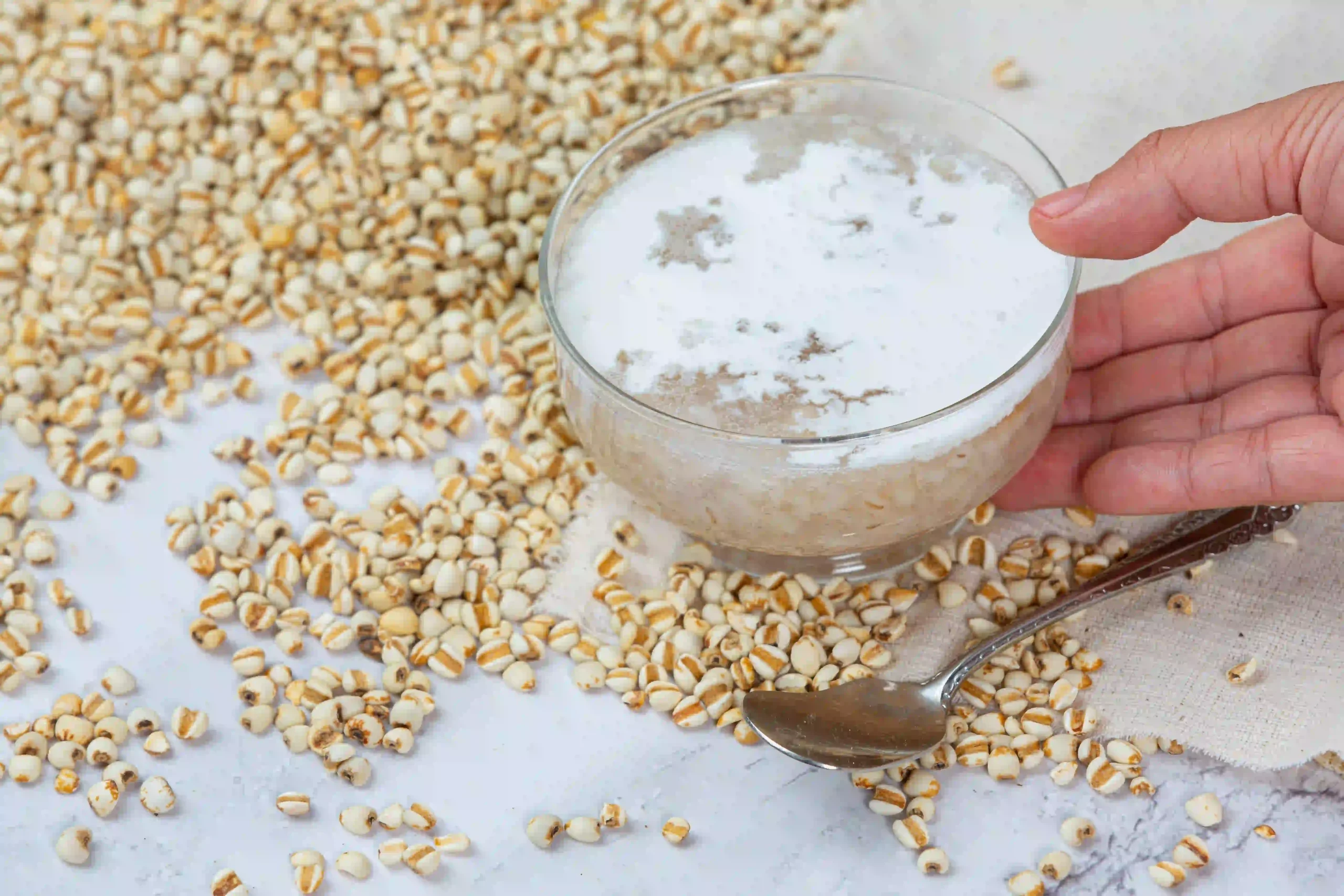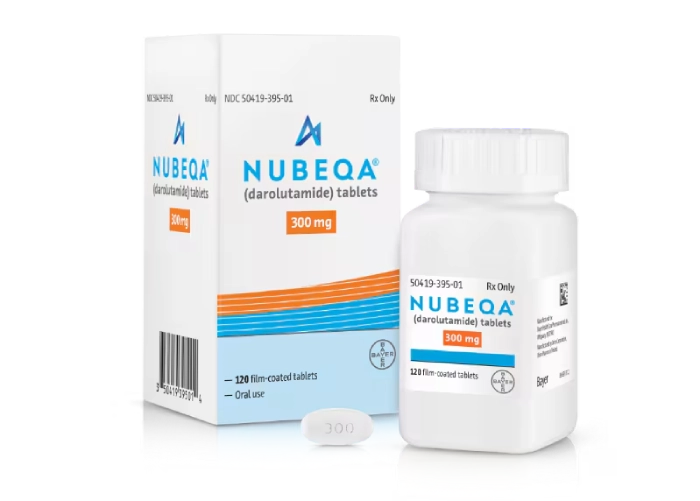Looking to boost your cognitive health through mindful eating? The MIND diet might be exactly what you need. Ranked #4 in U.S. News Best Diets of 2025, this research-backed eating plan combines the best elements of Mediterranean and DASH diets to protect your brain health and potentially reduce the risk of cognitive decline.
What is the MIND Diet?
The MIND diet, which stands for Mediterranean-DASH Intervention for Neurodegenerative Delay, is a scientifically-developed eating plan that focuses on brain-healthy foods. Created by researchers at Rush University Medical Center through a comprehensive study funded by the National Institute on Aging, this diet represents a flexible approach to eating that promotes cognitive health.
Key Principles
When following the MIND diet meal plan, you’ll focus on incorporating nutrient-rich foods rather than strict restrictions. This approach makes it easier to maintain long-term compared to more rigid diets. The MIND diet cookbook emphasizes whole, minimally processed foods that support brain function and overall health.

Research-Backed Benefits of the MIND Diet
Cognitive Protection
Studies have shown remarkable results for those following the MIND diet. Research published in 2015 found that people who closely adhered to the MIND diet had about 53% lower risk of developing Alzheimer’s disease. Follow-up studies have continued to demonstrate positive cognitive effects of following this dietary pattern.
Brain Health Improvement
The MIND diet could be your brain’s ticket to staying sharp over the years, and adopting this eating pattern is one of the practical ways you can take care of your brain health as you grow older. Your brain benefits from the MIND diet in several powerful ways. By combining specific brain-healthy foods like leafy greens, nuts, berries, and whole grains while limiting less beneficial foods (like red meat, butter, and fried foods), you’re giving your brain exactly what it needs to thrive.
How the MIND Diet Works
- Guards Against Cognitive Decline: Following this eating pattern helps protect your memory and thinking skills as you age. People who stick to the MIND diet have shown lower levels of the harmful brain proteins linked to Alzheimer’s disease. It’s like giving your brain an extra layer of protection against age-related decline.
- Reduces Brain Inflammation: The whole, nutrient-rich foods in the MIND diet help calm inflammation and fight oxidative stress in your brain. These natural compounds work together like a shield, protecting your brain cells and helping them function at their best.
- Boosts Heart Health: Your heart loves the MIND diet just as much as your brain does! By combining the best aspects of Mediterranean and DASH diets, this eating pattern helps protect against heart disease, stroke, and other cardiovascular issues. Remember – what’s good for your heart is often good for your brain too.
- Supports Healthy Aging: People who follow the MIND diet tend to stay healthier as they age. The numbers speak for themselves – those who stick closely to this eating pattern have a 37% lower risk of early death compared to those who don’t. Think of it as an investment in your long-term health.

Essential Foods to Include
Core Components of the MIND Diet List of Foods
The MIND diet meal plan emphasizes ten food groups that are crucial for brain health:
- Green Leafy Vegetables (6+ servings/week): spinach, kale, collard greens, Swiss chard
- Daily Vegetables (1+ serving/day): bell peppers, carrots, Brussels sprouts, sweet potatoes
- Berries (2+ servings/week): blueberries, strawberries, blackberries
- Nuts (5+ servings/week): walnuts, almonds, pistachios
- Whole Grains (3+ servings/day): brown rice, quinoa, oats, whole wheat products
- Fish (1+ serving/week): salmon, sardines, trout
- Poultry (2+ servings/week): chicken, turkey
- Beans (3+ servings/week): black beans, lentils, chickpeas
- Olive Oil: use as your primary cooking oil
MIND Diet Recipe and Meal Planning
Sample 7-day MIND Diet Breakfast Recipe
- Nuts (most days): almonds, walnuts
- Beans (every other day): black beans, chickpeas, lentils
- Berries (at least twice a week): blueberries, strawberries, raspberries, blackberries
- Fish (at least once a week): salmon, tuna, other fatty fish high in omega-3s
- Lean Poultry (at least twice a week): chicken breasts, ground turkey
Mix and match these MIND-friendly breakfast ingredients: whole grains (brown rice, farro), berries (blueberries, strawberries, raspberries), nuts (almonds, walnuts), green leafy vegetables (spinach, kale) and olive oil to create your own brain-healthy breakfast combination.
Example combinations:
- Whole grain oatmeal + blueberries + chopped walnuts
- Whole grain toast + eggs + sautéed spinach

Important Considerations and Precautions
Foods to Limit or Avoid
While following the MIND diet meal plans, be mindful of these restrictions:
- Red meat
- Butter and margarine
- Cheese
- Pastries and sweets
- Fried or fast food
Tips for Success
- Start gradually: Implement the MIND diet menu plan step by step
- Meal prep: Plan your meals in advance using the MIND diet cookbook recommendations
- Stock up: Keep your pantry filled with MIND diet list of foods
- Be flexible: Remember, it’s about progress, not perfection
Frequently Asked Questions
Q: Can I Follow the MIND Diet if I’m Vegetarian?
A: Yes! The MIND diet is largely plant-based and can easily accommodate vegetarian preferences. Focus on plant-based proteins like beans and nuts while following the MIND diet meal plan.
Q: How Long Should I Follow the MIND Diet to See Benefits?
A: Research suggests that even moderate adherence to the MIND diet can show benefits. The longer you follow the diet, the more potential benefits you may experience. Consider starting with a 7-day MIND diet plan to familiarize yourself with the eating pattern.
Q: Can I Get a Structured MIND Diet PDF or Guide?
A: While there are many resources available, including the MIND diet book and various MIND diet cookbooks, it’s important to remember that this is a flexible eating pattern rather than a rigid plan. Focus on incorporating the recommended foods rather than following strict rules.
Conclusion
The MIND diet offers a scientifically-supported approach to nourishing your brain and potentially protecting against cognitive decline. By focusing on nutrient-rich foods and limiting processed options, you can change your diet, change your MIND, and potentially improve your cognitive health for years to come.
Remember that small changes can make a big difference – whether you’re following a complete MIND diet meal plan or simply incorporating more brain-healthy foods into your current eating pattern.
Disclaimer: This article is for informational purposes only. The MIND diet is designed to promote brain health, not weight loss. Please consult healthcare professionals for personalized dietary advice.



